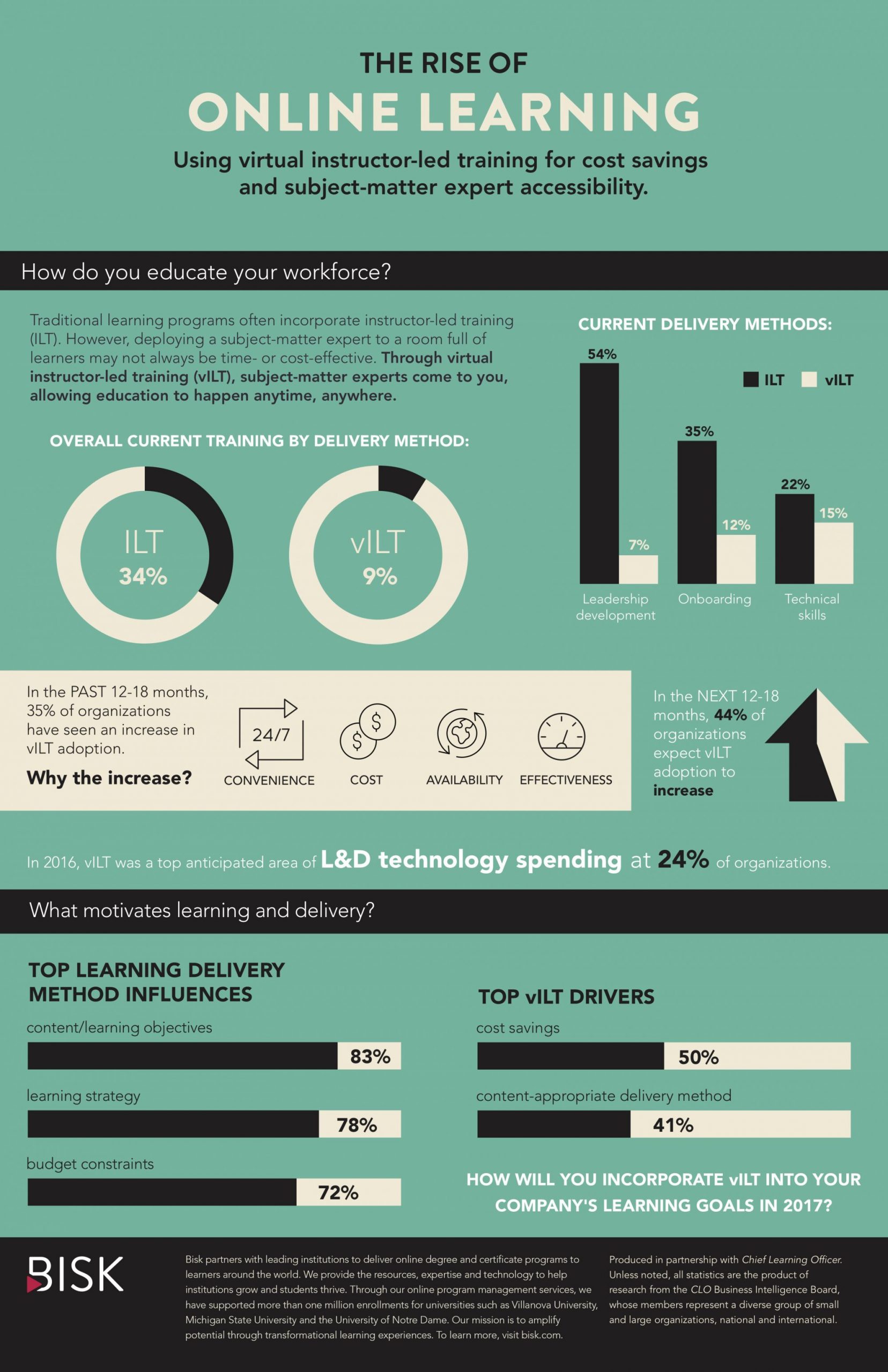The Rise Of Online Work: A Comprehensive Guide To Thriving In The Digital Age
The Rise of Online Work: A Comprehensive Guide to Thriving in the Digital Age
Related Articles: The Rise of Online Work: A Comprehensive Guide to Thriving in the Digital Age
Introduction
With enthusiasm, let’s navigate through the intriguing topic related to The Rise of Online Work: A Comprehensive Guide to Thriving in the Digital Age. Let’s weave interesting information and offer fresh perspectives to the readers.
Table of Content
The Rise of Online Work: A Comprehensive Guide to Thriving in the Digital Age

The internet has revolutionized the way we live, work, and interact. One of the most significant impacts of this digital transformation has been the emergence of a vast and diverse online workforce. This article will delve into the world of online jobs, exploring their various forms, benefits, challenges, and future prospects.
Understanding the Landscape of Online Work
Online work encompasses a wide range of opportunities, from traditional remote positions to entirely digital ventures. It can be categorized into several key areas:
- Remote Work: This involves performing traditional job functions remotely, often from home. Examples include virtual assistants, customer service representatives, software developers, and writers.
- Freelancing: This involves offering specialized skills and services on a project-based basis. Common freelance roles include graphic designers, web developers, translators, and content creators.
- Gig Economy: This refers to short-term, on-demand work opportunities, often facilitated through online platforms. Examples include ride-sharing drivers, food delivery personnel, and online tutors.
- E-commerce: This involves running an online business, selling products or services directly to customers. Examples include online retailers, dropshippers, and digital marketers.
- Online Education: This involves providing educational services online, including online courses, tutoring, and virtual classrooms.
Benefits of Online Work
The rise of online work has brought significant benefits to both individuals and businesses:
- Flexibility and Work-Life Balance: Online work offers unparalleled flexibility, allowing individuals to set their own hours, work from anywhere, and manage their schedules according to their personal needs. This can lead to improved work-life balance and reduced stress.
- Global Reach and Opportunities: The internet breaks down geographical barriers, opening up opportunities for individuals to connect with employers and clients worldwide. This expands career possibilities and allows individuals to access global markets.
- Cost-Effectiveness for Businesses: Online work can significantly reduce overhead costs for businesses, eliminating the need for physical office space, commuting expenses, and other traditional workplace expenses.
- Increased Productivity: Studies have shown that remote workers can be more productive than their in-office counterparts, as they are less prone to distractions and can work in environments that suit their individual needs.
- Access to Diverse Talent Pools: Businesses can access a wider range of talent by recruiting online, breaking free from geographical limitations and tapping into specialized skills and expertise.
- Reduced Environmental Impact: By reducing commuting and office space needs, online work can contribute to a more sustainable and environmentally friendly workforce.
Challenges of Online Work
While online work offers numerous advantages, it also presents unique challenges:
- Lack of Social Interaction: Working remotely can lead to feelings of isolation and loneliness, as individuals may lack the social interaction and camaraderie of traditional workplaces.
- Work-Life Boundaries: The flexibility of online work can blur the lines between work and personal life, making it difficult to maintain a healthy balance and avoid burnout.
- Technical Issues: Reliable internet access, technology skills, and cybersecurity measures are crucial for successful online work, and technical issues can disrupt workflow and productivity.
- Competition and Market Volatility: The online job market is highly competitive, with a constant influx of new entrants and fluctuating demand for specific skills.
- Self-Discipline and Motivation: Online workers need strong self-discipline and motivation to stay focused, manage their time effectively, and maintain productivity without the structure of a traditional workplace.
- Lack of Traditional Benefits: Many online jobs offer fewer traditional benefits, such as health insurance, retirement plans, and paid time off, compared to traditional employment.
Navigating the Online Job Market: Essential Tips for Success
To thrive in the online job market, individuals need to adopt a strategic approach:
- Identify Your Skills and Interests: Analyze your skills, experience, and passions to determine the online work opportunities that best align with your strengths and interests.
- Develop a Professional Online Presence: Create a strong online portfolio, showcasing your skills and experience through websites, social media profiles, and online platforms.
- Network and Build Relationships: Attend online events, join relevant communities, and connect with industry professionals to expand your network and build relationships.
- Master Essential Skills: Invest in developing essential online work skills, such as communication, project management, time management, and technical proficiency.
- Stay Up-to-Date with Industry Trends: Continuously learn and adapt to emerging technologies, industry trends, and evolving job demands.
- Build a Strong Personal Brand: Develop a unique brand identity that highlights your skills, experience, and value proposition to potential employers or clients.
- Seek Mentorship and Guidance: Connect with experienced online workers for advice, guidance, and support as you navigate the online job market.
- Be Patient and Persistent: Finding success in online work may require time, effort, and resilience. Stay persistent, learn from your experiences, and adapt to the evolving landscape.
The Future of Online Work
The future of online work is bright, driven by technological advancements, changing work preferences, and the increasing demand for flexible and remote work arrangements.
- Advancements in Technology: Emerging technologies like artificial intelligence (AI), virtual reality (VR), and augmented reality (AR) will continue to shape the online work landscape, creating new opportunities and transforming existing jobs.
- The Rise of the Gig Economy: The gig economy is expected to continue growing, offering individuals more flexibility and control over their work lives.
- Remote Work as the New Norm: Remote work is becoming increasingly accepted and embraced by businesses, driven by the benefits of cost-effectiveness, talent acquisition, and employee satisfaction.
- Emphasis on Skills and Expertise: As technology evolves, the demand for specialized skills and expertise will continue to increase, making continuous learning and skill development essential for online workers.
FAQs about Online Work
Q: Is online work suitable for everyone?
A: Online work is not suitable for everyone. It requires self-discipline, motivation, and strong time management skills. Individuals who thrive in structured environments or require significant social interaction may find online work challenging.
Q: How do I find legitimate online work opportunities?
A: Reputable online job boards, freelance platforms, and professional networks can provide access to legitimate online work opportunities. It is important to research potential employers and opportunities thoroughly before committing.
Q: What are the risks associated with online work?
A: Online work can be susceptible to scams, fraudulent activities, and cybersecurity threats. It is crucial to protect your personal information, use secure online platforms, and be cautious when dealing with unfamiliar individuals or companies.
Q: How can I improve my chances of success in online work?
A: Continuously develop your skills, build a strong online presence, network with other professionals, and stay informed about industry trends. Focus on delivering high-quality work, meeting deadlines, and building positive relationships with clients.
Q: What are the future trends in online work?
A: The future of online work is likely to be driven by advancements in technology, the growth of the gig economy, and the increasing acceptance of remote work arrangements. Individuals who adapt to these trends and develop in-demand skills will have a competitive advantage in the online job market.
Conclusion
The online work landscape is dynamic, offering a wide range of opportunities for individuals seeking flexibility, global reach, and career growth. By understanding the benefits and challenges, mastering essential skills, and adopting a strategic approach, individuals can successfully navigate the online job market and build fulfilling careers in the digital age. As technology continues to evolve and reshape the world of work, the future of online work holds immense potential for individuals and businesses alike.



![[PDF] Navigating the Digital Age A Guide to Thriving in a Digital World by Riaz Mahmud eBook](https://img.perlego.com/books/RM_Books/libreka_gcyawox/9783755452669_300_450.webp)



Closure
Thus, we hope this article has provided valuable insights into The Rise of Online Work: A Comprehensive Guide to Thriving in the Digital Age. We thank you for taking the time to read this article. See you in our next article!
You may also like
Recent Posts
- Navigating The Digital Landscape: Online Job Opportunities For 17-Year-Olds
- Navigating The Amazon Ecosystem: Online Opportunities For Students
- Navigating The Digital Landscape: Online Jobs In Illinois
- Navigating The Realm Of Remote Work In Malta: A Comprehensive Guide
- The Rise Of Remote Work: A Comprehensive Look At Online Jobs In America
- Unlocking Opportunities: Online Tutoring As A Career Path For Women
- The Rise Of Remote Work: A Comprehensive Guide To Online Jobs From Home In The USA
- The Digital Frontier: Navigating Entry-Level Online Jobs Without Prior Experience

Leave a Reply